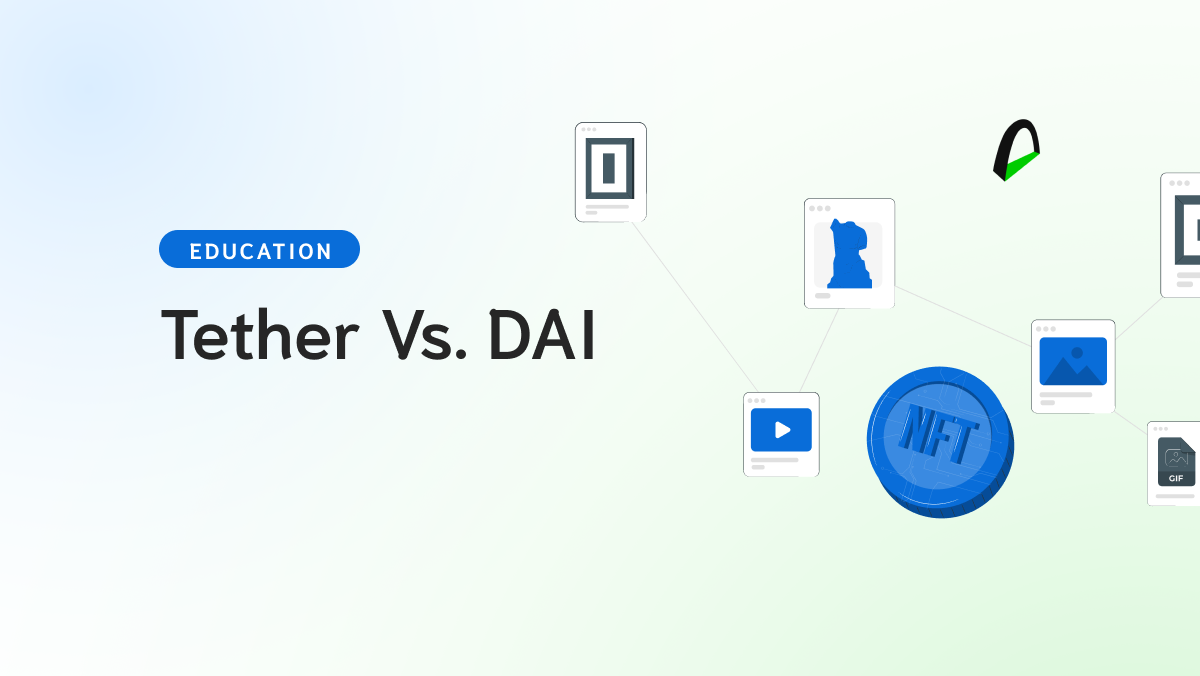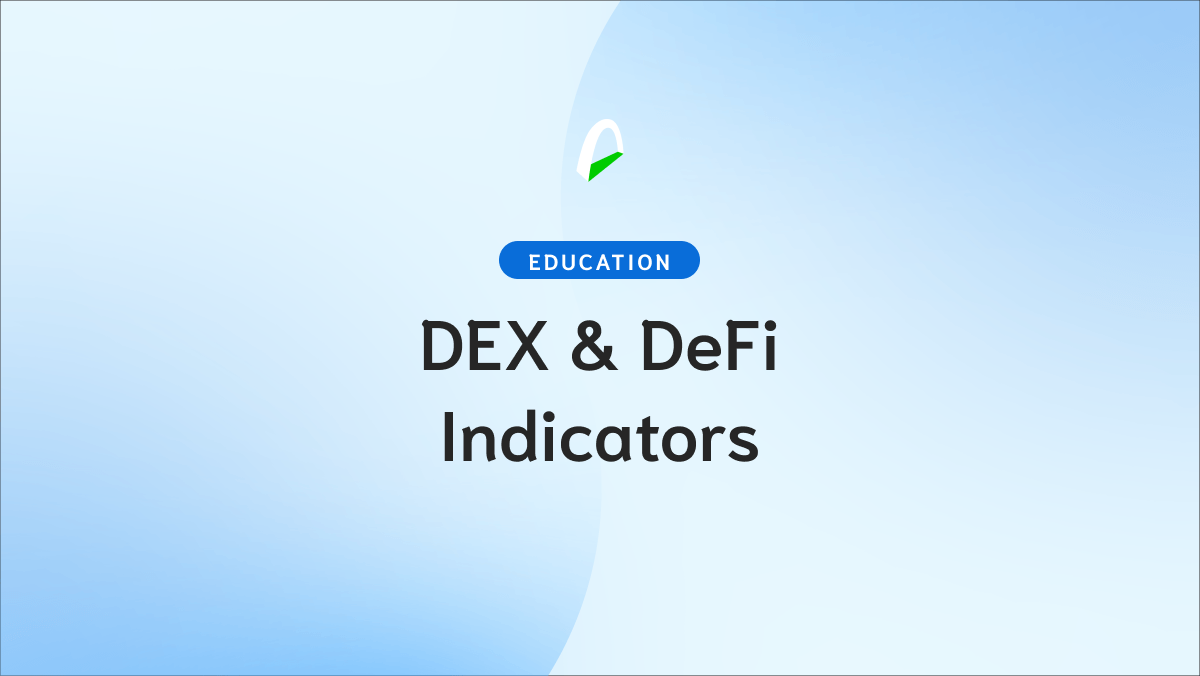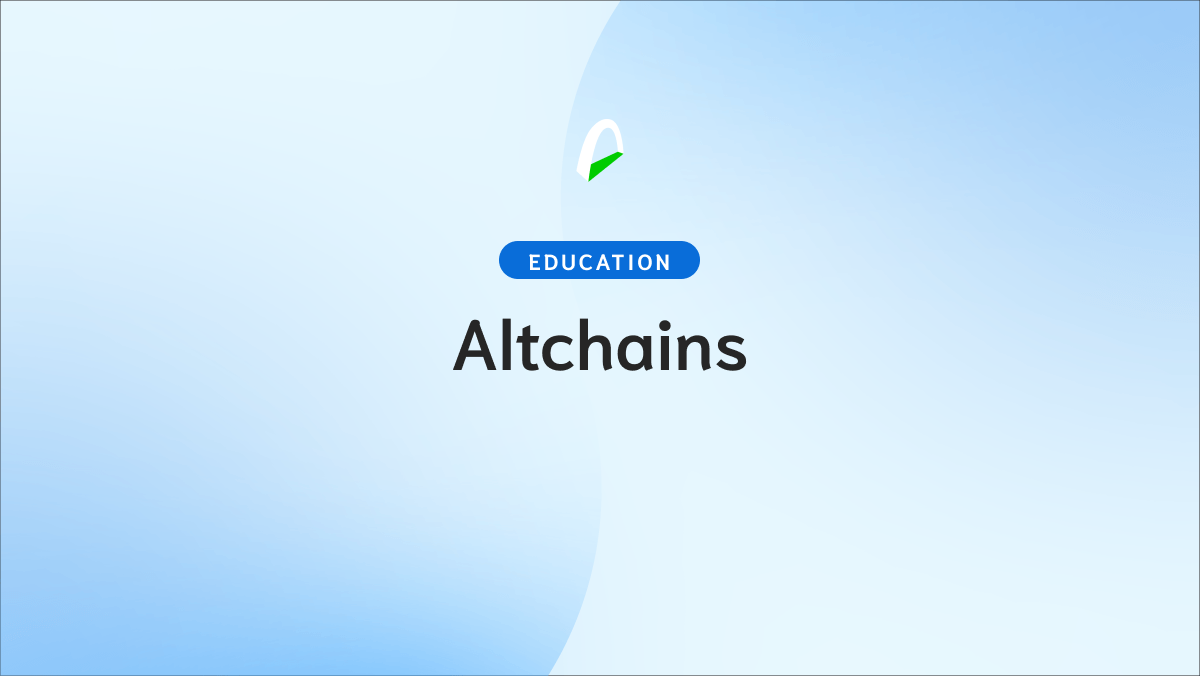By introducing the concept of protocol-owned liquidity to decentralized exchange tokens, Olympus DAO revolutionized how token holders could access unprecedented levels of trading flexibility.
What is Olympus DAO
Olympus DAO is a pioneering blockchain-based organization committed to developing and managing its unique OHM token. By harnessing equity crowdfunding of tokens built on smart contracts, Olympus DAO seeks to revolutionize operations at both private and public levels.
By leveraging cryptocurrency and blockchain technology, Olympus DAO is pioneering a new path to establishing an innovative global reserve currency asset. An independent organization owned by its community, it seeks to create a profoundly liquid censorship-resistant digital asset-backed (not by USD) for use in Web3 applications.
OHM is a non-pegged, dynamic stablecoin that seeks to provide traders with an alternative asset class that isn't bound by traditional fiat values. Its value fluctuates based on the trust of users in its underlying treasury determined through consensus by the decentralized autonomous organization (DAO).
Olympus DAO seeks to provide OHM as a powerful, crypto-native currency that could replace the US dollar and become an appealing alternative for global transactions.
How owned liquidity works
Olympus serves as a true pioneer in the DeFi space, boasting its liquidity - rather than relying on rentals from other sources. What makes this possible?
Olympus provides a unique way of incentivizing users to sell and deposit their collateral into its treasury. Through the bonding and staking of tokens, Olympus rewards those who contribute with discounted OHM tokens--distinguishing itself from other DeFi protocols like Curve or Uniswap, which rely on user-provided liquidity instead.
Olympus has safeguarded its token's value and ensured liquidity by holding the vast majority of its liquidity - a robust 99.32%! They continue to prioritize protecting both users and investors in this matter.
OHM's treasury is continually bolstered by rewards from its liquidity protocol tokens, maintaining the reserve's floor value and driving OHM upward in value.






